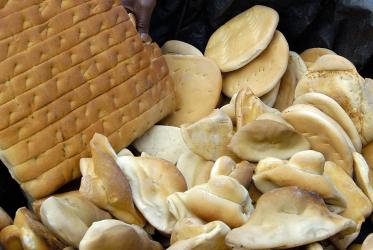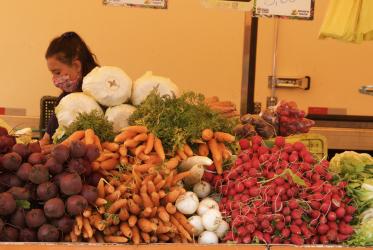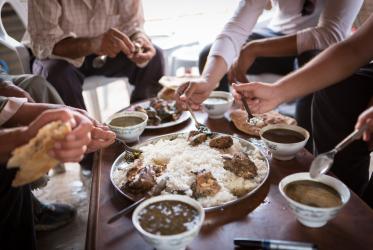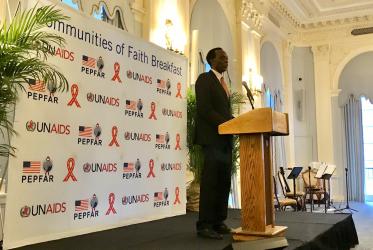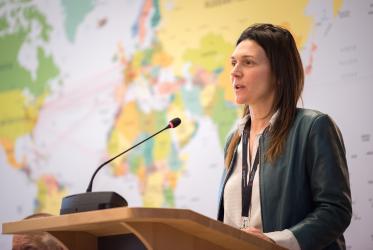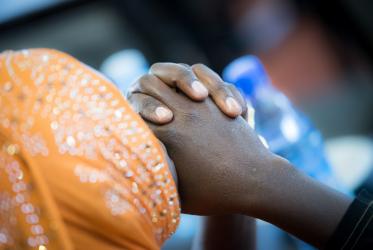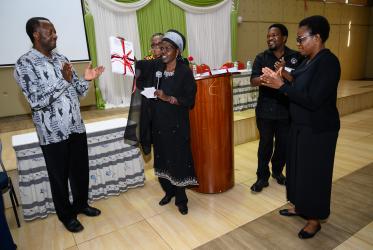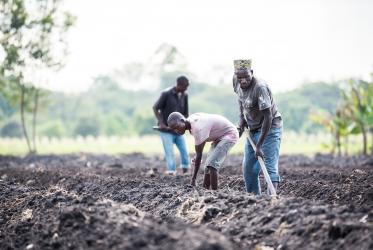Displaying 21 - 40 of 144
WCC to host online prayer service for World Food Day
09 October 2020
Martin Khor Kok Peng, “friend of the poor,” passes away
03 April 2020
Eco-School promotes blue communities, green churches
19 November 2019
WCC Eco-School begins in Thailand
07 November 2019
In Fiji, young people ‘walk the talk’ with advocacy
12 September 2019
WCC condemns massacre of farmers in Philippines
12 April 2019
A faith-based, holistic approach to HIV and AIDS-care
13 March 2019
Faith and HIV treatment go hand in hand
06 March 2019
